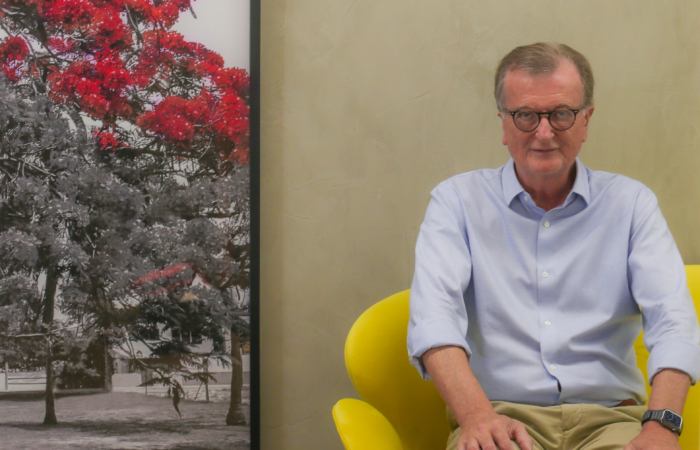
An ancient Chinese proverb says that three things in life never go back: the arrow shot, the word spoken and the missed opportunity. Fortunately, we live in a time more conducive to opportunities than to arrows, even though some world leaders continue to appeal to bellicism to resolve their conflicts. However, even in the environment of full communication, the internet and the digital revolution, the spoken word maintains its irreversible potential – both to build civilizations and to destroy biographies and reputations.
The word is the most important instrument of social interaction between humans. Therefore, freedom of expression is not just an individual right guaranteed to citizens by the constitutions of democratic countries. It is the main support of democracy itself. In my view, the free expression of thought is what characterizes us as civilized, conscious individuals who are capable of cooperation, which is our distinguishing mark from other living beings.
For thinking like this, I spent all my professional life defending free information and plural opinion in Grupo RBS vehicles. And I have devoted much of my time and energy to associative activism, serving as president, board of directors and on the board of entities committed to professional, democratic and responsible journalism, such as the World Association of Newspapers, the Inter American Press Association and the National Association of Newspapers. of Newspapers.
“People gained more power to express themselves, but the deformations also increased. Fake news, powered by artificial intelligence, become concrete threats to democratic institutions.”
Even so, I recognize that this precious freedom cannot be an unlimited right, much less a safe passage for hate speech, incitement to crime and the spread of prejudice. With the popularization of the internet and social networks, people gained more power to express themselves, but the deformations also increased. Disinformation and lies gained relevance. The so-called fake news, now powered by artificial intelligence, become concrete threats to democratic institutions around the world.
In this context, the great challenge for citizens is to find ways to contain excesses that destroy the social fabric without restricting their own freedom of thought and criticism. Even though some kind of regulation of digital communication has become necessary and urgent in the face of the current debacle, I continue to believe that education is the best and most democratic alternative for conscious, peaceful and constructive communication.
Jayme Sirotsky President Emeritus of Grupo RBS and CEO of Instituto Jama



